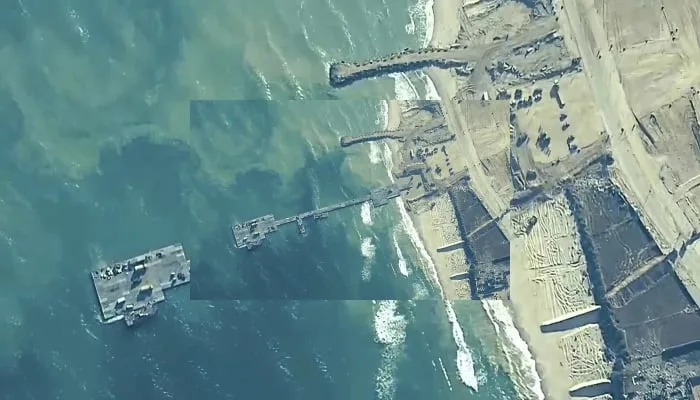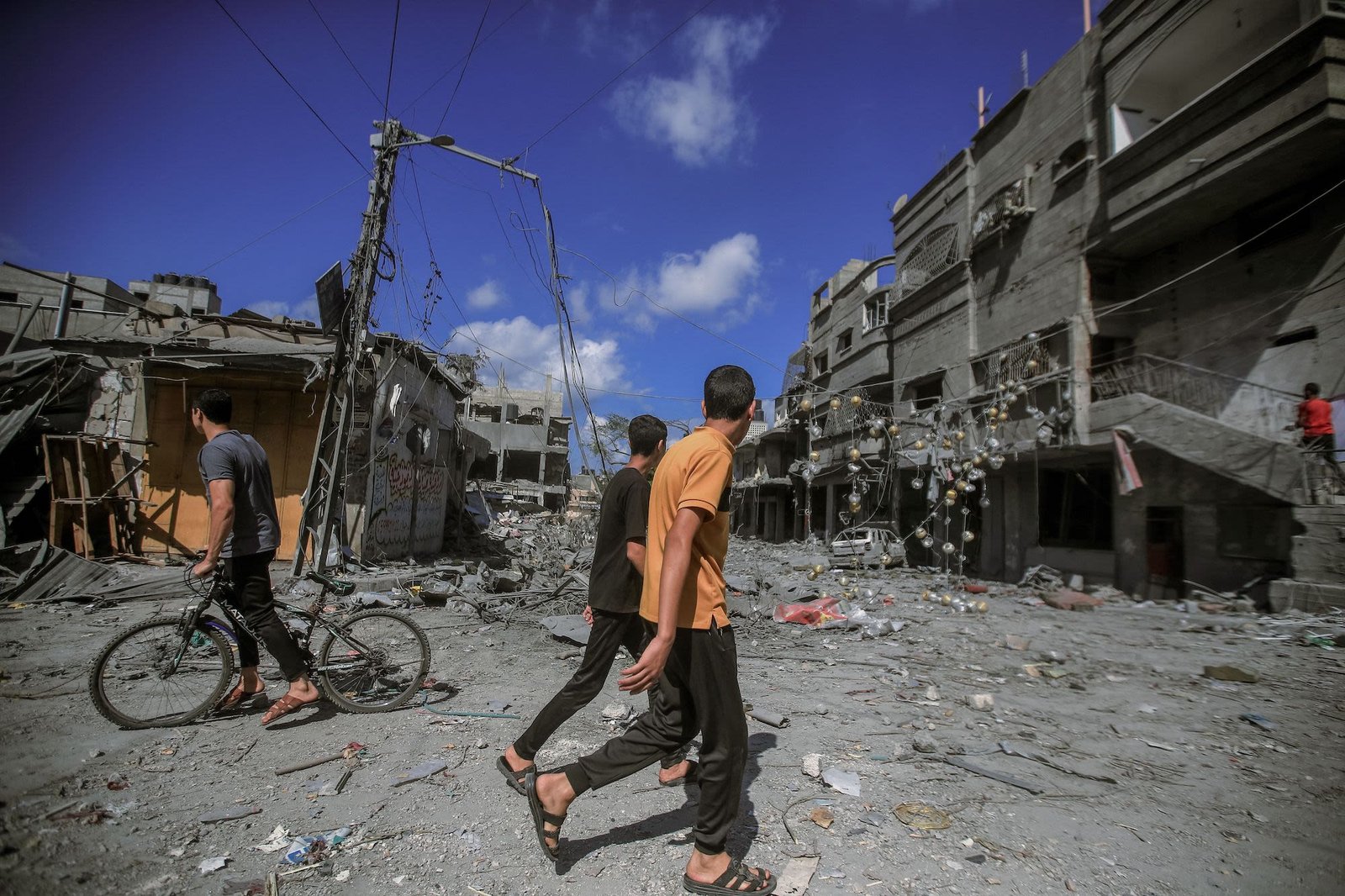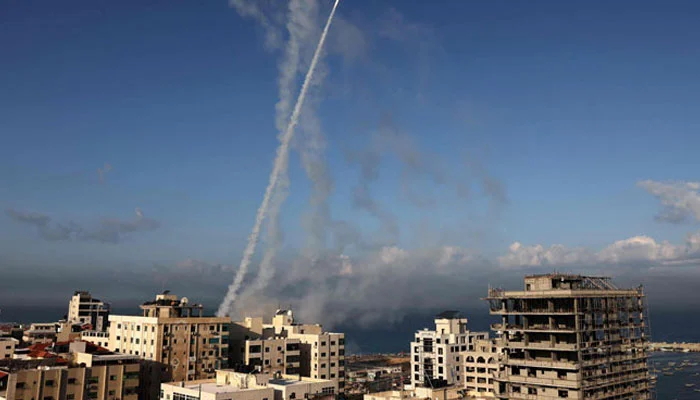The United Nations World Food Program (WFP) has suspended its aid deliveries through a temporary U.S. port established in the Gaza Strip, following escalating violence and safety concerns. WFP Director Cindy McCain announced the suspension, citing recent attacks and the need to reassess the safety of aid workers in the region.
Background of the Suspension
The decision to halt aid operations comes in the wake of an Israeli military operation to release hostages from the Gaza Strip, resulting in the deaths of 274 Palestinians. The operation, launched from the American port in Gaza, has drawn significant international attention and criticism.
Cindy McCain reported that during the Israeli attack, rockets struck two WFP warehouses, injuring one staff member. These incidents have heightened concerns about the security of humanitarian operations in the area.
The Role of the Temporary U.S. Port
The temporary U.S. port in Gaza was established to facilitate the delivery of aid to Palestinians facing severe food shortages. Initially set up in May, the port operated for a week before being closed for two weeks due to a hurricane. It was reopened on June 8, but on the same day, the Israeli army conducted its operation, leading to the current suspension of aid activities.
Details of the Israeli Operation
According to reports, Israeli soldiers disguised themselves in Hamas uniforms and spoke Arabic with a Palestinian accent during the operation. They rented a house near the hostages’ location and mingled with local civilians to carry out the rescue mission. On the day of the final operation, a significant number of Israeli troops posed as aid workers to execute the plan, which was based on intelligence from American and British sources. The operation successfully freed four Israeli hostages who had been held by Hamas for eight months.
Impact on Humanitarian Efforts
Following the Israeli military action, the WFP decided to halt its aid deliveries to ensure the safety of its staff and resources. Director Cindy McCain emphasized the organization’s commitment to reassessing the situation before resuming operations. “Right now we are pulling back for a while to ensure the safe delivery of aid before resuming relief operations, but work will continue in other parts of Gaza,” McCain stated. She also highlighted the importance of a ceasefire to allow uninterrupted aid efforts in Gaza.
The suspension of aid deliveries has serious implications for the already dire humanitarian situation in Gaza. The total number of Palestinians killed in the region has exceeded 37,000, with more than 200 deaths reported in recent brutal bombings by the Israeli army. The ongoing conflict has severely impacted civilians, leaving many in urgent need of food and medical supplies.
Reactions and Future Steps
The suspension of aid activities by the WFP has drawn mixed reactions. Israeli media claimed that there was a fear of a Hamas attack on the temporary American port, leading to heightened security measures. U.S. defense officials clarified that no American military personnel went ashore in Gaza, and the southern area of the temporary port was specifically used for the hostage release operation.
In response to the situation, Cindy McCain stressed the necessity of ensuring staff safety and the continuity of aid. “Such attacks show how important a ceasefire is so that aid operations in Gaza can continue on a large scale,” she remarked. The WFP is currently evaluating the security environment and will determine the next steps for resuming aid deliveries based on this assessment.
The suspension of aid deliveries by the World Food Program in Gaza highlights the complex and dangerous environment in which humanitarian organizations operate. The recent Israeli military operation and the subsequent attack on WFP facilities underscore the urgent need for a ceasefire and enhanced security measures to protect aid workers and ensure the delivery of essential supplies to those in need. As the situation evolves, the international community will be closely monitoring developments and advocating for the safety and well-being of civilians in Gaza.



